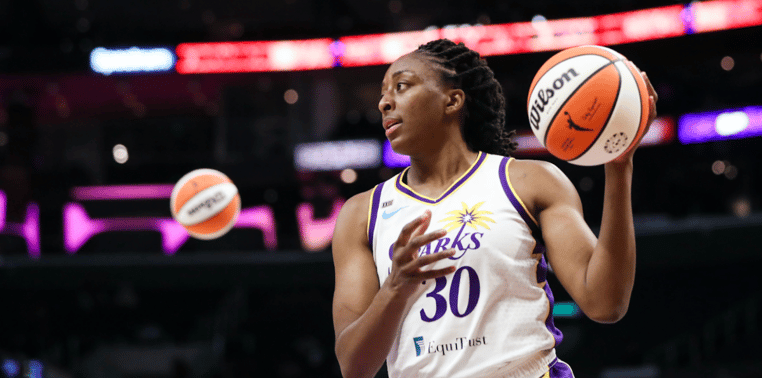

Sports sponsorships can be an effective marketing technique for any brand, but it can be all the more successful if it is based on data analysis. As the sports industry evolves, sponsors need to evolve with it. With the advent of data analytics and advanced metrics, brands can now measure the success of their sponsorship and find the perfect teams to sponsor. The most strategic sponsorships out there are led by brands that use data to identify the right sports teams to sponsor and evaluate their effectiveness in full funnel attribution.
1) Identify the right team to sponsor:
Before investing your money in a particular sports team, it is critical to conduct market research to identify the team that has the highest potential for customer engagement and revenue. This can be achieved by analyzing brand awareness metrics, social media interaction, fan engagement across multiple channels, stadium attendance. The study should also consider the geographic and demographic target audience of your brand. A strong data-backed strategy would help you identify teams with a wider fan-base, avid followers, and an engaged audience that aligns with your target demographic.
2) Focus on the right metric evaluations:
After sponsoring a sports team, brands need to measure the performance metrics of their sponsorship effectively. Besides the usual media impressions, brands should take their measurement approach a step further. This includes assessing the effects of different channels (social media, in-stadium branding, or jersey sponsorship) on consumer commitment metrics, customer perception, and awareness. Brands should also track increases in ROI, revenue, and sales as a result of their sponsorship. A combination of measurements can reveal how the sponsorship is driving actual business outcomes, creating brand loyalty, and increasing customer value.
3) Leverage analytics and metrics to enhance sponsorship outcomes:
Data enrichment techniques such as machine learning algorithms or advanced advertising platforms can make all the difference in successful sports sponsorships. Brands can use in-built analytics tools to measure key performance indicators, empower data-driven decision making on sponsorship strategies, and even customize product offerings for customers. By analyzing engagement behaviors and monitoring interaction in real-time, brands can optimize the impact of their sports sponsorship by adjusting their commercial strategies based on feedback from their target audience.
4) Cross rewarding and complementary benefits from sponsorships:
Brands that think outside the box and use data-driven insights effectively can create unique cross-sponsorship deals that benefit both parties. For example, a beverage company could sponsor a team and achieve a broad reach with product launches, or even use the sponsorship data to develop targeted marketing campaigns. Sports teams may also have a loyal and highly engaged audience, potentially resulting in higher brand fan engagement with a cross-promotion deal. These partnerships can broaden your brand reach, increase revenue, and create a strong brand identity for your organization.
5) Long-term engagement strategies with data:
Finally, brands should aim for long-term engagement rather than short-term sponsorship deals. To create lasting value, brands must engage in strategies such as tenure marketing and customer retention tactics for future advancements. A winning sponsorship strategy can help establish long-term customer loyalty and create new avenues for customer acquisition. Data analysis, even after the sponsorship deal has ended, helps brands can determine areas of improvement and information that may be helpful to establish future partnership deals.
Data-driven sports sponsorship strategies that embrace predictive analytics, data visualization, and real-time monitoring of engagement can significantly increase the ROI of a sports sponsorship campaign. Brands that develop growth-centered strategies for sports sponsorships first must accurately identify and analyze the right data benchmarks, cultivate a team-driven culture to act on the data insights and create a winning game plan that engages customers across multiple channels. As such, the brand loyalty fostered through these techniques should generate success for the sports sponsorships, increasing company growth and customers' value.